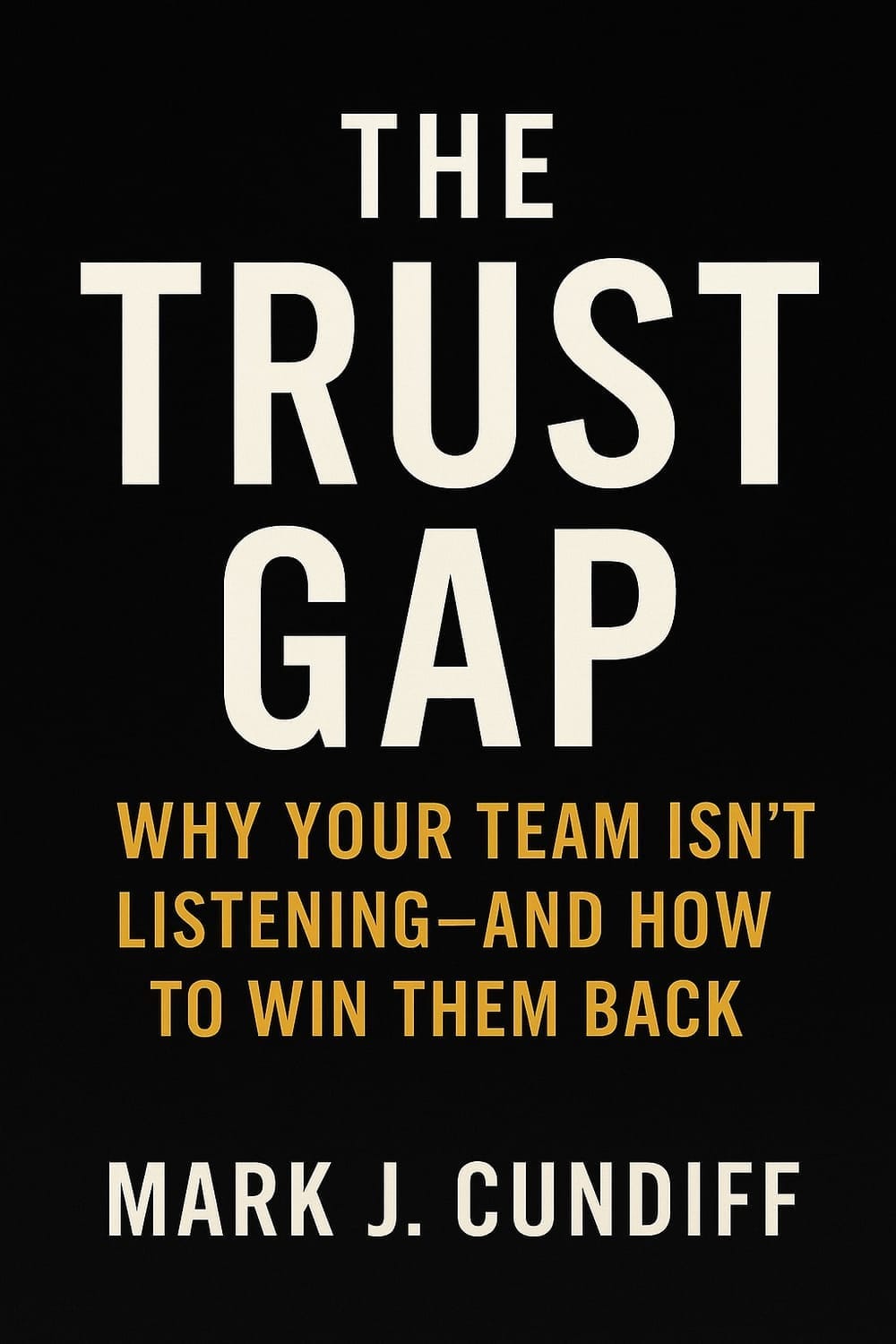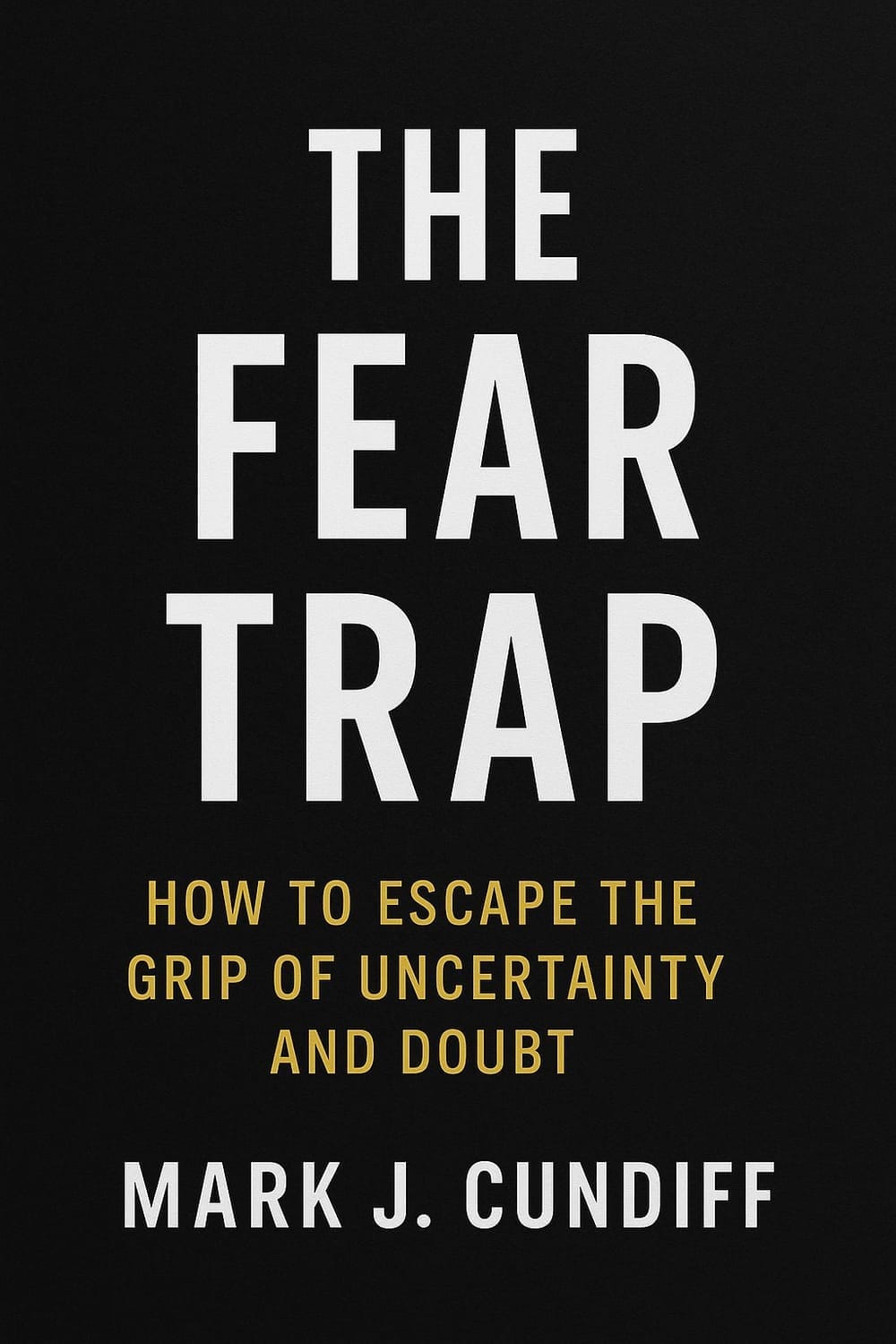The Power of Unreasonable Hospitality - Will Guidara - Global Leadership Summit 2024
The Power of Unreasonable Hospitality: Lessons from the World's Best Restaurant
What would you attempt to do if you knew you could not fail?
This question, inscribed on a paperweight that Will Guidara's father gave him as a child, became the driving force behind one of the most remarkable transformations in the restaurant industry. It's a story that every leader can learn from—because at its core, it's about the difference between meeting expectations and creating magic.
When Excellence Hits Its Ceiling
When Will Guidara arrived at Eleven Madison Park in 2006, the restaurant had all the fundamentals: good food, friendly service, and one of the most beautiful dining rooms in the world. Like most ambitious leaders, he did what seemed logical—he doubled down on excellence.
The team hired the best cooks, upgraded equipment, sourced premium ingredients, and removed tables to provide better service to fewer guests. They implemented rigorous training programs and tested staff weekly to ensure flawless execution.
The strategy worked, at least on paper. The restaurant climbed from two to four stars in the New York Times and made history as the first restaurant to jump from one to three Michelin stars in a single year.
They were winning every metric that mattered.
But then came the humbling moment that changed everything.
The Wake-Up Call in London
At the World's 50 Best Restaurants ceremony in London, Guidara learned they'd been ranked dead last at number 50. Despite all their technical excellence, they hadn't created any meaningful impact on the industry.
That night, alone in his hotel room with a whiskey, he realized a profound truth: excellence in your product is just table stakes. Every restaurant on that list had mastered the technical aspects. What differentiated the winners was something else entirely.
Studying the restaurants that had claimed the number one spot, Guidara noticed they were all led by chefs who were unreasonable in their pursuit of innovation, constantly pushing boundaries and influencing how restaurants around the world approached food.
On a cocktail napkin that night, he wrote two things: "We will be number one" and underneath it, "Unreasonable Hospitality."
The Hot Dog That Started a Revolution
The breakthrough came during a busy lunch service when Guidara overheard European tourists lamenting that they'd eaten at New York's finest restaurants but never tried a street cart hot dog. In that moment, he had what he calls his "light bulb" realization.
He bought a hot dog from a street vendor, convinced his chef to plate it elegantly, and served it to the tourists before their signature duck course. Their reaction was unprecedented, more joy over a $2 hot dog than they'd shown for any expensive delicacy.
Going back to analyze what he calls "going to the tapes," Guidara identified three key principles that made the moment magical:
The Three Pillars of Transformation
1. The Power of Being Present
In our efficiency-obsessed world, we've lost the ability to truly listen. Guidara defines being present as "caring so much about the person you're with that you stop caring about everything else you need to do." Sometimes, he learned, you need to slow down in order to speed up.
2. Stop Taking Yourself So Seriously
While you should take your work seriously, don't let self-imposed standards prevent you from giving people what brings them joy. That hot dog was technically inappropriate for a four-star restaurant—until you considered how it made the guests feel.
3. One Size Fits One
The most powerful gestures are bespoke to the individuals receiving them. Generic excellence can't compete with personalized magic. In unreasonable hospitality, one size fits one.
Building Systems Around Magic
The challenge every leader faces: How do you scale something that seems inherently unscalable? Guidara's solution was brilliant in its simplicity.
First, he created a new position called "The Dream Weaver"—team members whose sole responsibility was helping bring spontaneous ideas to life during service—ensuring no more missed opportunities because the team lacked the resources to execute them.
Then, he closed the restaurant for a day to conduct what he called "pattern recognition of recurring moments." The entire team—from dishwashers to ownership—brainstormed situations that happened regularly, then designed extraordinary responses for each.
When guests got engaged at the restaurant, instead of just offering free champagne, they partnered with Tiffany & Co. to serve the champagne in special blue champagne flutes, then gifted the glasses to the couple. It was specific, memorable, and created stories people told for years.
The Ripple Effect of Intentional Care
The transformation was remarkable. Guests stopped talking about what they ate and started sharing how they felt. The team became more energized than ever because they had autonomy to infuse experiences with their own creativity.
The business results followed naturally.
When you give people stories worth telling, they become ambassadors for your organization. Every dollar spent on thoughtful gestures proved more powerful than traditional marketing because word-of-mouth is the most trusted form of advertising.
Seven years later, Eleven Madison Park became the number one restaurant in the world.
Why This Matters Beyond Restaurants
Here's the profound insight Guidara shares: we're all in the hospitality industry. Whether you're leading a team, serving customers, or building relationships in any capacity, you have daily opportunities to practice unreasonable hospitality.
Guidara's definition of hospitality extends far beyond service: "Hospitality is being creative and intentional in pursuit of relationships"—with colleagues, customers, and everyone in your life.
Every day, people enter our worlds who are different from us, perhaps different from what we expect. We face a choice: ignore them, judge them based on our standards, or serve them exactly as they are.
The Call to Unreasonable Action
The question isn't whether you can afford to be unreasonably hospitable—it's whether you can afford not to be.
In a world where people aren't accustomed to others going above and beyond, small acts of intentional care create disproportionate impact. When you make people feel seen, valued, and cared for, you're not just improving their day—you're modeling behavior that ripples outward.
There's nobility in service, regardless of your profession. Taking time to understand why your work matters and how it impacts others provides the fuel needed to show up fully, especially on difficult days.
The magic isn't in grand gestures or expensive investments. It's in the willingness to be present, to care about people as much as products, and to create one-size-fits-one experiences that make others feel genuinely valued.
What would you attempt to do if you knew you could not fail? Perhaps it's time to find out—one unreasonably hospitable act at a time.
The world needs more people willing to create little pockets of magic.
The question is: Will you be one of them?
Join over 3,900 Fellow Leaders reading The Learning To Lead Newsletter each week!
Recent Articles

Join over 4,000 Fellow Leaders reading The Learning To Lead Newsletter each week!
©2025 Learning To Lead | Helping Good Leaders Become Great Leaders


